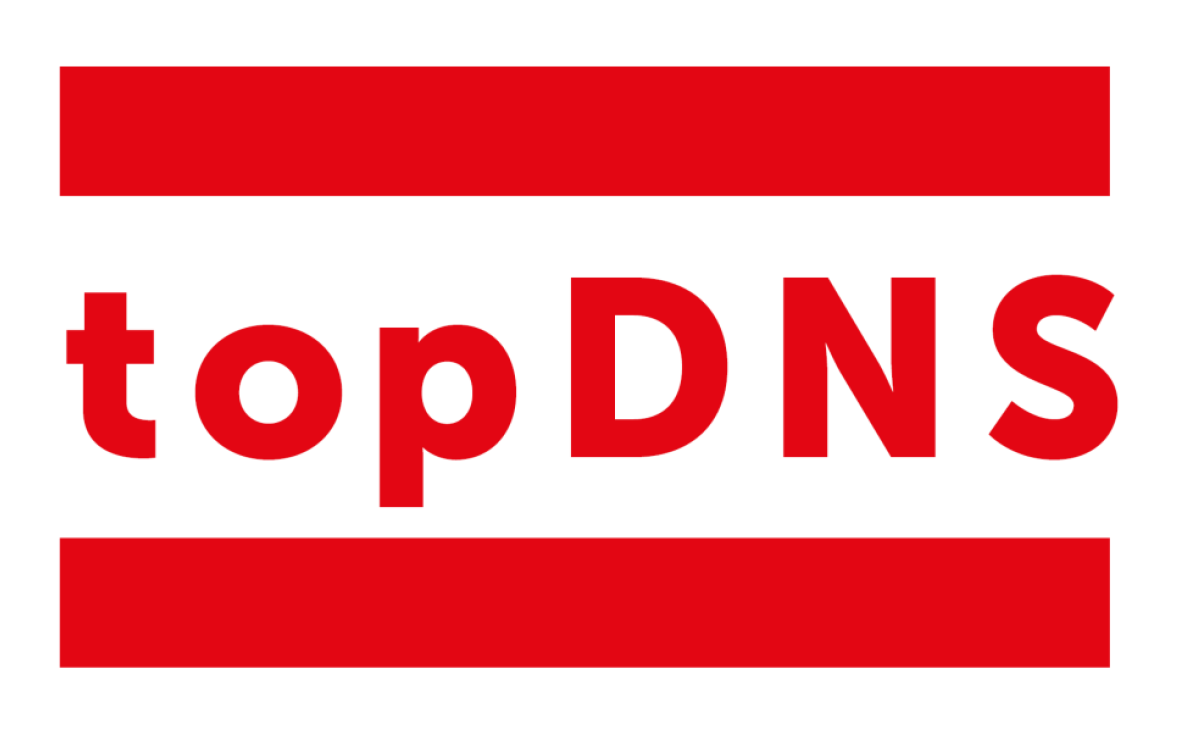The topDNS webinar on “Recognising Good Practice in the DNS – Towards Positive, Data-Driven Policy Discussions” was held on 19 September 2023. This was the fourth part in a series of topDNS best practice webinars, which highlight the domain name industry’s efforts to fight DNS abuse. The webinar was moderated by Lars Steffen, Director International at eco – Association of the Internet Industry. In collaboration with the DNS Research Federation, the event featured Emily Taylor, CEO of DNS Research Federation, and Lucien Taylor, Chief Strategy Officer at Oxford Information Labs, as speakers.
Emily Taylor opened the webinar by introducing the audience to the mission of the DNS Research Federation, which aims to advance understanding of the domain name system’s impact on cybersecurity policy and technical standards through research and education. She presented a project focused on measuring abuse rates, particularly in European ccTLDs, highlighting the surprisingly low abuse rates relative to their market share. She emphasised the proactive measures many registries take to improve data quality and the adoption of multiple approaches to data management. Despite concerns about potential customer friction, the European ccTLDs successfully combine low costs with high-quality services, challenging conventional wisdom in the industry.
Following, Lucien Taylor looked into the practical project of modelling a trust service for domain name registrars. He highlighted the problems that the project aims to address, including the rise of abuse and misuse, the lack of standardised incident management, the high cost of basic security services, and the need for better feedback loops for security measures. Lucien also drew insights from other industries, such as travel, finance, and the arts, and how they have implemented trust and regulation systems. He underlined the importance of community collaboration among registrars, a simple trust rating system, a robust algorithm, and a free API for effective domain name trust management. He also talked about the role of “Know Your Customer” (KYC) requirements and the potential benefits of working with KYC electronic service providers to reduce costs for registrars. He outlined the project’s strategic assets and capabilities and the next steps, including building a community of registrars and establishing an algorithm committee to advise on the mathematical and policy-related aspects of the project.
In this part of the presentation, Emily Taylor brought to the fore the importance of building a community to support and further develop the trust service for domain name registrars. She emphasised that the success of this endeavour will depend on the collaboration of multiple actors within the ecosystem, including small registrars, academic communities, public safety organisations, and industry stakeholders. Emily invited the eco community to get involved and share their insights and perspectives to help refine and expand the capabilities of the trust service. She identified the need to break away from polarised positions and work together to achieve common goals.
Moving on, Emily Taylor and Lucien Taylor both highlighted their collaborative approach to developing the trust service for domain name registrars. They stressed that they were not trying to reinvent the wheel or dominate the market but rather to work with existing initiatives
and stakeholders to provide registrars, especially small ones, with easy-to-use and free tools. They highlighted the importance of collaboration and leveraging the goodwill of different communities to strengthen the security of the DNS ecosystem. Lucien Taylor also mentioned that the primary focus is to provide a low-level API for registrars that offers trust ratings for free. They do not intend to compete with feed providers but will work with them. They also plan to develop a feedback loop to collect data on the quality and effectiveness of different feeds and services to continually improve the system.
In the final part of the webinar, Emily Taylor looked at the changing landscape of DNS regulation and the advantages of industry-created solutions. She acknowledged that the DNS can no longer operate under the radar of regulators, with increasing interest from regulators and policy makers. She highlighted the benefits of industry-led initiatives, including their ability to apply solutions internationally and address issues collaboratively. Lucien Taylor emphasised the importance of the industry coming together to provide free services at a low level, especially for smaller players in the domain name registration space. Both invited the community to participate and collaborate from the community and expressed their willingness to engage with others to address challenges and share experiences. They emphasised the value of open dialogue and building a community that actively engages in discussions and actions related to DNS security and trust.
In conclusion, part four of the topDNS best practice webinar series provided valuable insights into the mission of the DNS Research Federation, the practical project of modelling a trusted service for registrars, the importance of community collaboration, and the need for industry- led solutions in the evolving regulatory landscape. Emily and Lucien Taylor accentuated the role of collaboration and encouraged active participation from the community to strengthen the security and trust within the DNS ecosystem.
